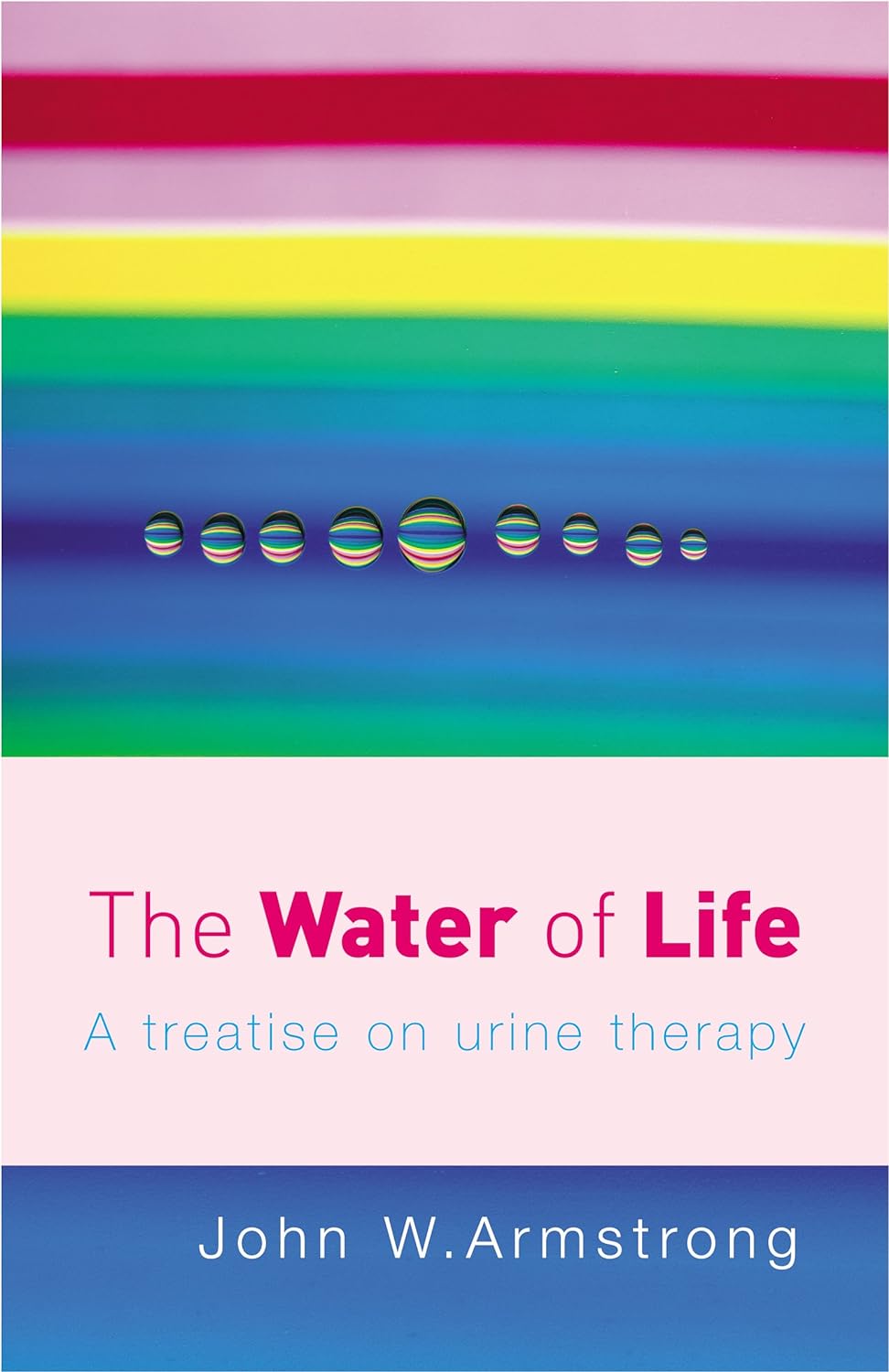
There is no scientific evidence that urine therapy works for anything.
See:
Should you pee on your chilblains to treat them?
Urine Therapy
About this book:
In this revolutionary treatise, J.W. Armstrong puts the compelling case that all diseases (except those caused by traumatism or structural disorders) can be cured by one simple means. The therapy is an entirely drugless system of healing that treats the body as a whole. Moreover, the only ingredient needed is a substance manufactured in the body itself, rich in mineral salts, hormones and other vital substances, namely human urine. It may seem strange to take back into the body something that the body is apparently discarding. Yet the theory is similar to the natural practice of organic composting. Fallen leaves, when dug back into the soil, provide valuable mineral salts to nourish new plant life. The same principle holds true for the human body.






